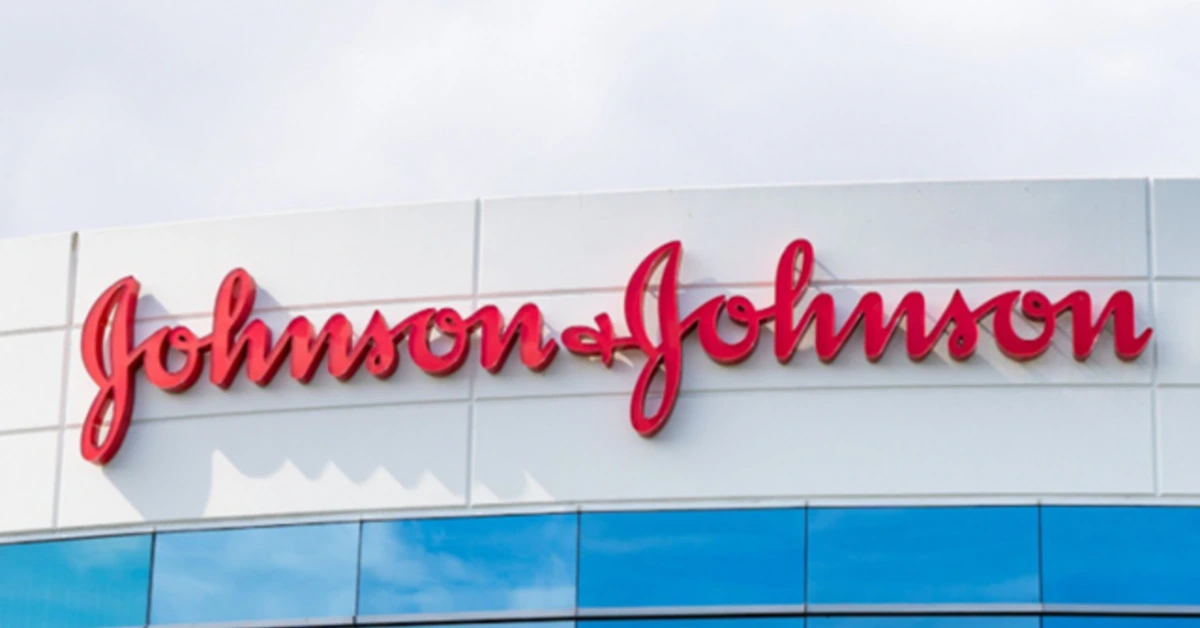
USA – Johnson & Johnson (J&J) has filed a lawsuit against Samsung Bioepis, accusing the company of a “concealed plan” to supply a private-label version of Stelara (ustekinumab) to an unnamed US health conglomerate.
The lawsuit, filed on February 24 in New Jersey, claims Samsung Bioepis breached its contract, threatening J&J’s market position.
Stelara, developed by Janssen (now J&J Innovative Medicine), is J&J’s top-selling drug, generating US $11 billion in sales in 2023. It is used to treat inflammatory skin and bowel conditions.
J&J has allowed biosimilar versions to enter the market following Stelara’s patent expiry in July 2024, including a November 2024 agreement with Samsung Bioepis.
This deal permitted Samsung Bioepis to launch a biosimilar in February 2025, which it did under the brand Pyzchiva in partnership with Sandoz.
However, J&J alleges Samsung Bioepis violated the contract by sublicensing the biosimilar to a third party, a move the agreement explicitly prohibits.
A J&J spokesperson stated: “Samsung Bioepis is in breach of contract. After numerous attempts to resolve this, we have filed a complaint to enforce the terms of our agreement.”
The health conglomerate involved remains unnamed but is described as one of the largest US pharmacy chains and health insurers.
J&J is seeking a court injunction to block the private-label biosimilar’s launch in the US, stating it would cause a “significant loss of Stelara’s market share.”
However, J&J clarified that its legal action does not seek to block Pyzchiva’s market entry, only the unauthorized second biosimilar.
Samsung Bioepis declined to comment, while Sandoz confirmed it is not involved in the lawsuit, stating: “This litigation does not impact the commercialization of Pyzchiva.”
This case highlights the growing competition in the biosimilar market and the legal battles over blockbuster drugs.
J&J has largely managed to reach settlements with biosimilar developers, unlike Regeneron, which failed to block Amgen’s Eylea (aflibercept) biosimilar but successfully delayed Samsung Bioepis’ Opuviz until 2027.
Despite legal battles, the biosimilar market is rapidly expanding. According to GlobalData, biosimilar sales in major markets are expected to grow from 5.7% in 2022 to 18.3% by 2032, increasing from US $0.5 billion to US $2.8 billion.
XRP HEALTHCARE L.L.C | License Number: 2312867.01 | Dubai | © Copyright 2025 | All Rights Reserved